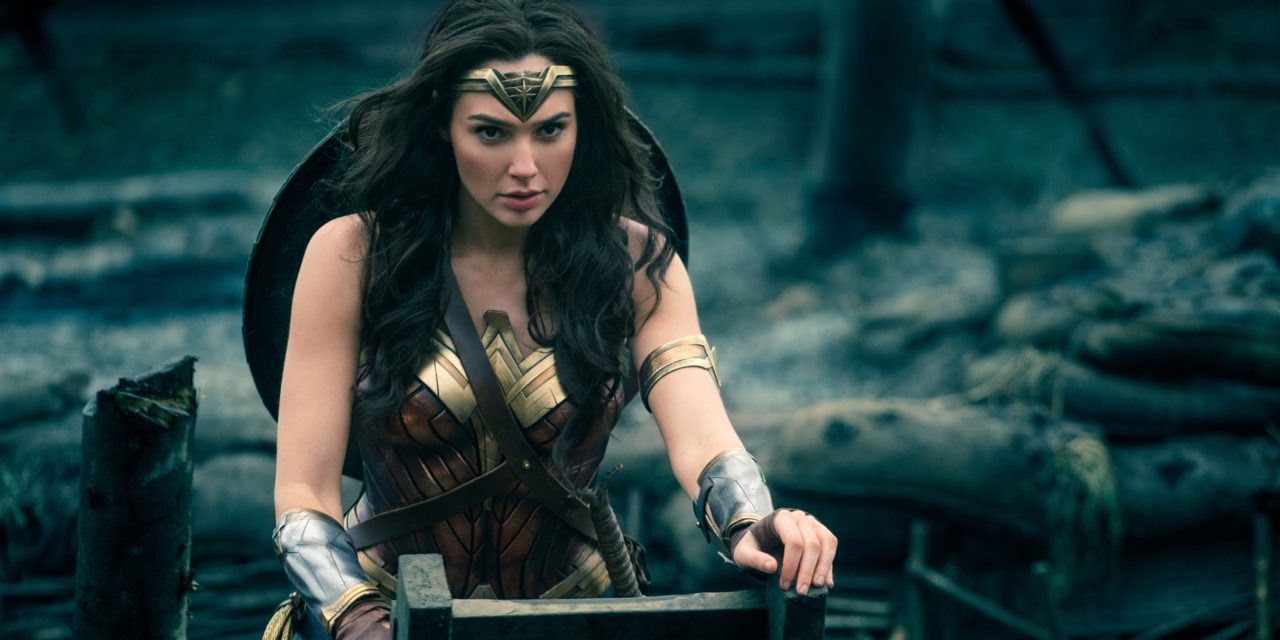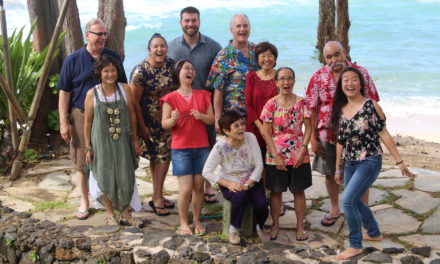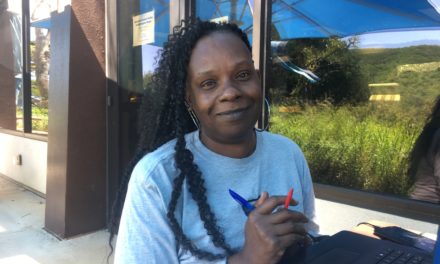By Gavin Arucan | Staff Writer
In a cinematic universe overly concerned with brooding and conflicted figures fighting for a bleak and unforgiving world, Patty Jenkins’ “Wonder Woman” sparks a glimmer of much needed hope. It’s ironic that a film set during the horrors of World War I can be more optimistic than the iconic Man of Steel saving Earth from certain doom, but “Wonder Woman” proves that, by shining a light on the worst of humanity, you will also highlight its best.
“Wonder Woman” tells the story of Diana Prince (Gal Gadot), the Amazonian warrior, long before she fought alongside the Dark Knight and the Last Son of Krypton. After saving Captain Steve Trevor (Chris Pine), an American soldier who accidentally brings war to Diana’s homeland, Diana vows to accompany Steve back to Europe and put an end to all of the war’s tragedies.
Diana’s motivation to help humanity during a time of great pain alone is what holds “Wonder Woman” above every recent DC, and even some Marvel, films. Diana isn’t helping out of guilt, greed, or microscopic bomb implants like how certain Iron Men, Guardians of the Galaxy, or Suicide Squads are. She simply wants to help out of the goodness of her heart and her trust in the innate goodness of people. Isn’t that what a true hero, or heroine in this case, is?
Today, there are dozens of superheroes on screen, saving the world or universe every couple of months or so. While perfectly enjoyable films like “Logan,” “Deadpool,” and “Guardians of the Galaxy Vol. 2” are naturally trying push the limits of what a superhero movie can be, it’s refreshing to see a hero go back to the genre’s roots and be an honest do-gooder.
Gal Gadot’s portrayal of Wonder Woman brings back memories of Christopher Reeve as Superman. The character feels fresh and new, even though audiences saw her once before defending Gotham City. There are two sides of Wonder Woman shown in the film: the fish out of water as she adapts to London life after leaving her homeland, and the trained war hero who will stop at nothing until evil is demolished. Both sides work synonymously to bring out comedy, drama, and action in the film.
Most of Diana’s greatest character moments, however, are from the scenes she shares with Steve Trevor. Gadot and Pine bring out the best performances in each other, whether it be with comedic beats or emotional tension. While both characters fight for good, the two have opposing world views. Diana is still wide-eyed and believes that everyone must be good at heart, while Steve has lived through too much of the struggles of real life and the terrors of World War I to know better. The two contrasting character traits leaves the audience wondering: who is right about humanity?
With so many uplifting and heroic character moments and some foreshadowing towards an emotional, hard-hitting ending, it’s unfortunate that the third act couldn’t bring the the moral home. It’s painful because the film leads you to believe that “Wonder Woman” is going to tackle a difficult-to-swallow commentary on the nature of humanity. Certain revelations make the audience believe that maybe not all evil can be blamed on a single cunning supervillain. Maybe wars can be started because of regular people, and they can’t be stopped by taking down just one bad guy. It’s a brilliant notion that would be groundbreaking for the superhero genre as well as an earth-shattering realization for the character of Diana Prince. Gadot is playing a classic superhero with classic ideals. Introducing her to realistic problems that force her to change her world view with the times is the next logical step.
Instead, we once again get that one CGI supervillain for the hero to fight as sparks and explosions litter the screen. What a waste of storytelling potential. The third act is essentially the fight with General Zod and Doomsday rolled into one special effects filled mess. There are no hard truths for Diana to learn. She doesn’t change because she was right all along. There are a few very effective and emotionally charged scenes throughout the finale, but most of them feel totally disconnected from the final battle, almost as if they were cut out of the better ending and were thrown into the standard hero versus villain fight.
I can’t say for sure if the studio got involved with the script or if this is how the director envisioned the ending of the film, but all the right story beats fell perfectly into place, only to be cast aside in favor of every DC Extended Universe ending ever. It drags “Wonder Woman” down from being a great superhero film to just a good one, which, again, is painful to say because of how amazing most of the film is.
“Wonder Woman” is still easily the best film out of the DCEU, although that is an easy bar to set. If the first two thirds of “Wonder Woman” is any indication towards the quality of DC’s future films, then DC might finally being doing its characters justice.






